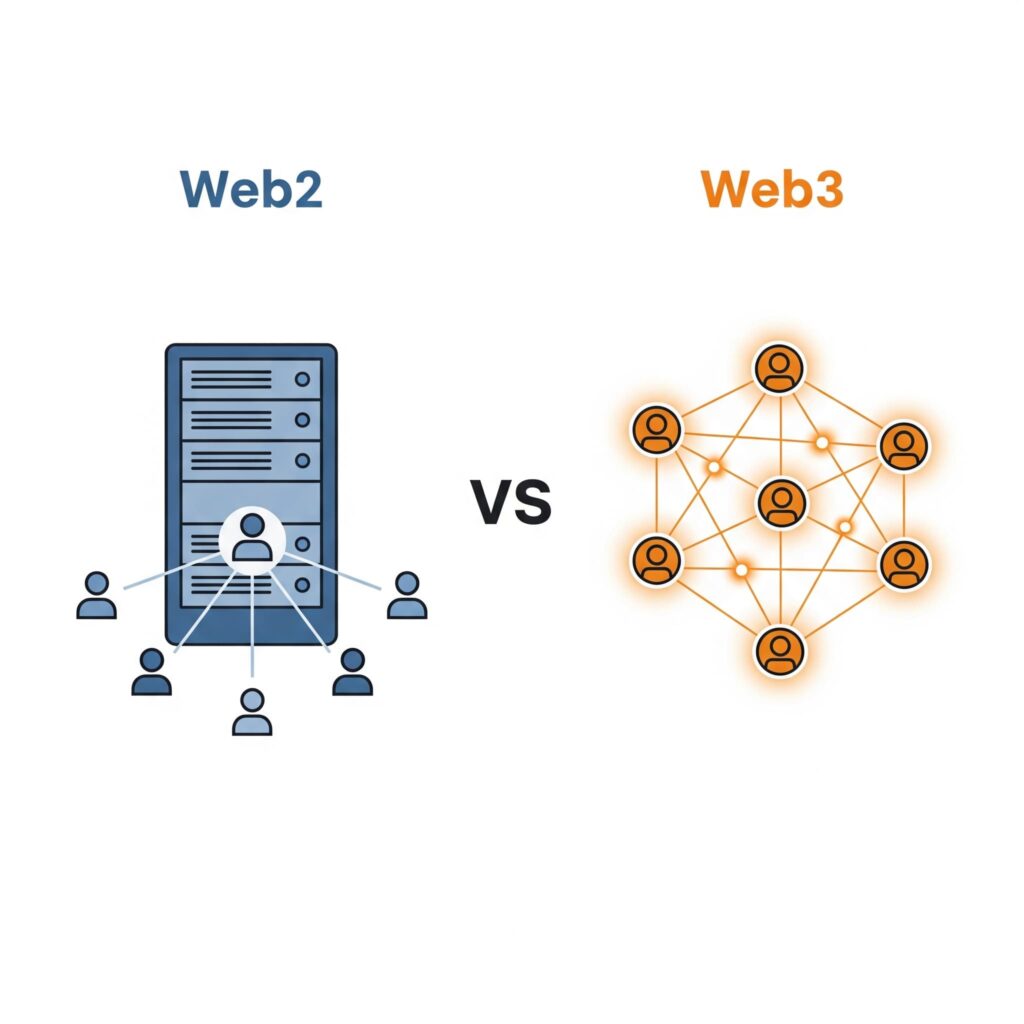
The internet, as we know it, is built on a foundation of centralized control. Platforms like Facebook, Instagram, and YouTube hold the keys to our digital lives, controlling the content we create and share. But a new paradigm is emerging: Web3, a decentralized internet powered by blockchain technology. At the heart of this revolution lies the Non-Fungible Token (NFT), a digital asset that’s transforming our understanding of digital ownership.
What is an NFT?
Simply put, an NFT is a unique digital certificate of authenticity. Think of it like a digital deed for a piece of digital property. Unlike cryptocurrencies like Bitcoin, which are fungible (meaning one Bitcoin is interchangeable with another), NFTs are non-fungible – each one is unique and cannot be replaced. This uniqueness is recorded on a blockchain, a public, transparent, and immutable ledger, making it virtually impossible to counterfeit.
This uniqueness allows NFTs to represent a vast array of digital assets, including:
- Digital art
- Collectible items
- In-game assets
- Music and videos
- Virtual real estate
- Tickets to events
- Membership access
How NFTs Revolutionize Digital Ownership
The impact of NFTs goes far beyond simply owning a digital image. They fundamentally alter the landscape of digital ownership in several key ways:
- True Ownership: NFTs provide verifiable proof of ownership. This means the creator or owner can definitively prove they own a specific digital asset, something impossible with traditional digital files which can be easily copied and shared.
- Increased Value and Scarcity: The limited supply and unique nature of NFTs can drive up their value, similar to how limited-edition physical items become more desirable. This scarcity creates a market for digital collectibles and artwork previously unimaginable.
- Direct Artist-Fan Connection: NFTs empower artists to connect directly with their fans, bypassing intermediaries like galleries or record labels. They can sell their work directly to collectors, retaining a larger share of the profits and fostering a more engaged community.
- New Revenue Streams: NFTs create new avenues for artists and creators to monetize their work. They can sell their creations as NFTs, but also generate ongoing revenue through royalties on secondary sales, ensuring they receive a portion of the profit every time their NFT changes hands.
- Enhanced Authenticity and Provenance: The blockchain records the entire history of an NFT, from its creation to its ownership changes. This transparent record provides a verifiable chain of custody, ensuring the authenticity and provenance of the digital asset.
- Gamification and Utility: NFTs are being integrated into video games and metaverse platforms, offering players unique in-game items, characters, or land ownership with real-world value. This creates immersive and engaging experiences, driving player engagement and loyalty.
Beyond the Hype: Addressing Concerns
While the NFT space holds immense potential, it’s crucial to acknowledge some legitimate concerns:
- Environmental Impact: The energy consumption of some blockchains, particularly those using Proof-of-Work consensus mechanisms, raises environmental concerns. However, many projects are transitioning to more energy-efficient consensus mechanisms like Proof-of-Stake.
- Volatility and Speculation: The NFT market is highly volatile, with prices fluctuating dramatically. This makes it risky for investors and requires caution. It’s crucial to invest only what you can afford to lose.
- Scams and Fraud: The decentralized nature of NFTs makes them susceptible to scams and fraud. It’s vital to exercise due diligence and only interact with reputable platforms and creators.
- Accessibility: The barrier to entry for both creating and purchasing NFTs can be high, potentially excluding many artists and collectors. The cost of gas fees (transaction fees on the blockchain) can also be prohibitive.
The Future of Digital Ownership
NFTs are still a relatively new technology, but their impact is already undeniable. They are reshaping how we think about digital ownership, creating new opportunities for creators, collectors, and businesses alike. As the technology matures and adoption grows, we can expect to see even more innovative applications of NFTs across various industries. The potential for NFTs to revolutionize digital ownership and create a more equitable and transparent digital economy is vast. While challenges remain, the future of NFTs looks bright, promising a more decentralized and empowering digital world. The key is to approach this exciting new technology with informed understanding and a healthy dose of critical thinking.